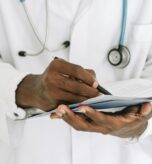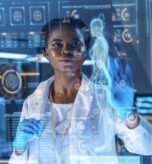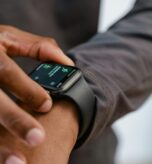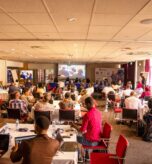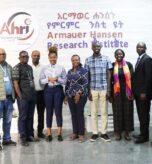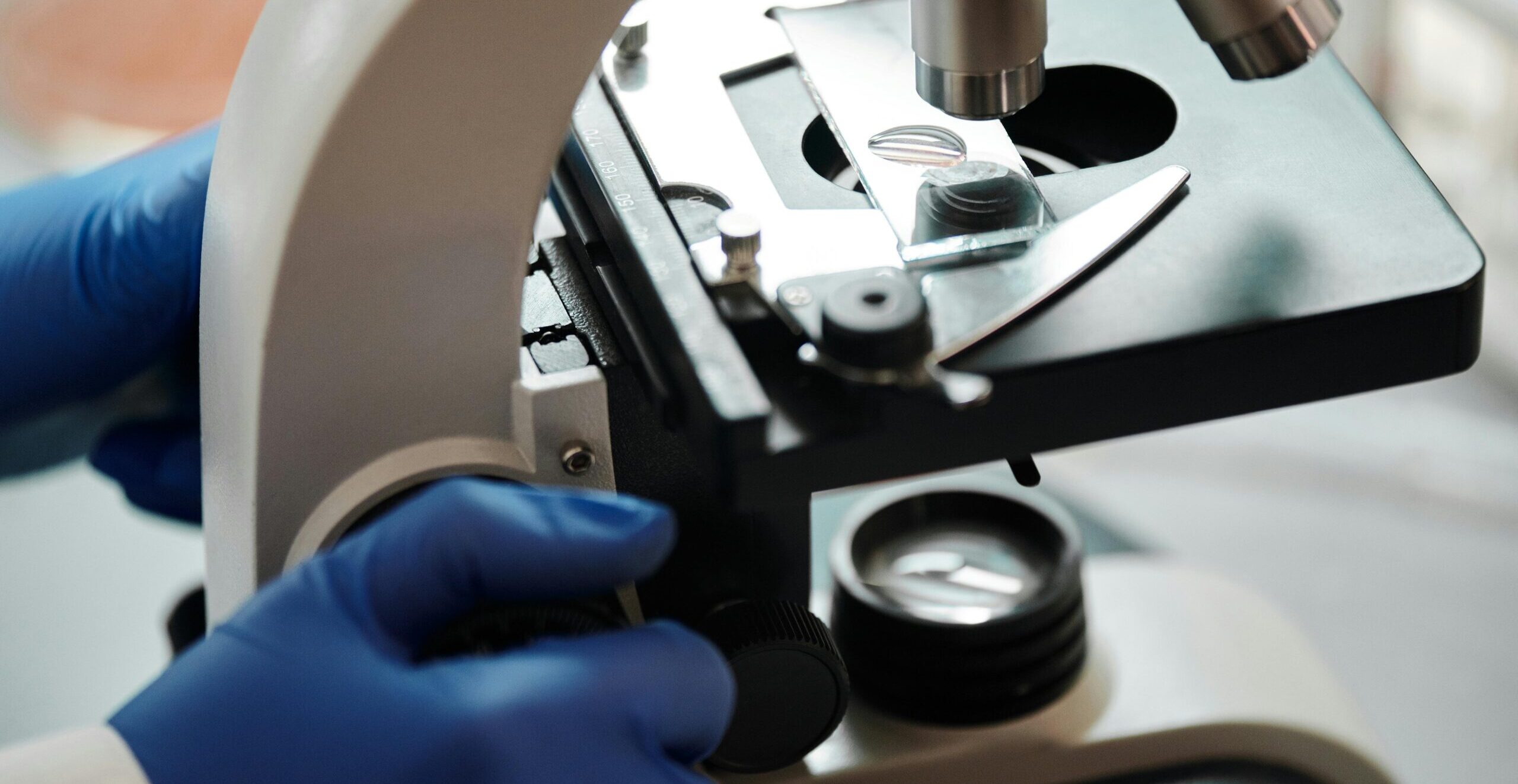
By Serena Agbor Ashu, DSWB Master’s Graduate, Cameroon
In a world where data is king, we need to close the gap between information and impact, especially when it comes to global health. This hit home when I started my master’s program with the Data Science Without Borders (DSWB) initiative, which is strengthening Africa’s data systems and turning evidence into action. At its core, DSWB is ensuring that African health data is not only collected but also used to address the continent’s major health challenges.
Aspiring to be a data scientist, I wanted to hone my skills and expertise and use them for a good cause. What I found was a compelling challenge right in my own backyard: the fight against tuberculosis (TB) in Cameroon.
Despite the high toll of tuberculosis, very little research has used locally generated data to examine treatment outcomes. This gap inspired my thesis, ‘Predictive Modelling of Tuberculosis Treatment Outcomes using Machine Learning Techniques: A Case Study at Douala General Hospital (DGH)’. The hospital [DGH] was grappling with concerns about patient responses to treatment, but most records sat unused in files and fragmented systems. My project provided an opportunity to close that gap by transforming medical records into actionable information that could inform decisions and, ultimately, improve patient outcomes.
Hospital records often sit in files or fragmented systems, serving as storage rather than tools for change. Through predictive modeling, I showed how these records could become actionable data, supporting doctors, guiding hospital managers, and equipping policymakers with evidence for better health strategies.
The journey changed me in more than one way. In addition to the technical skills I learned, like advanced analytical methods, machine learning techniques, and working with health data, DSWB gave me access to a group of mentors and peers who believe that data can be used to solve real-world problems. In this space, data was not just numbers or models; it was a lifeline, a means of connecting science to society and turning evidence into impact. That shift in perspective changes how I think about research. It is not just about contributing to academia anymore; it is also about asking questions that matter to people and looking for answers that will really make a difference.
While my project focused on TB, the potential goes far beyond one disease. Predictive modeling could be applied in hospitals across Cameroon and beyond to tackle maternal and child health, non-communicable diseases, and other pressing challenges. It points to a future where hospitals are not only places of care but hubs of data-driven innovation, where every record strengthens systems and makes them more responsive.
For me, this thesis was one step in a much larger movement that reflects DSWB’s mission to build strong African data ecosystems where local evidence drives local solutions. It showed me that with the right tools, training, and opportunities, young African scientists can transform data into solutions for their communities. Data science, I realized, is more than an abstract discipline, it is a bridge between people, policies, and possibilities. And this is only the beginning.



